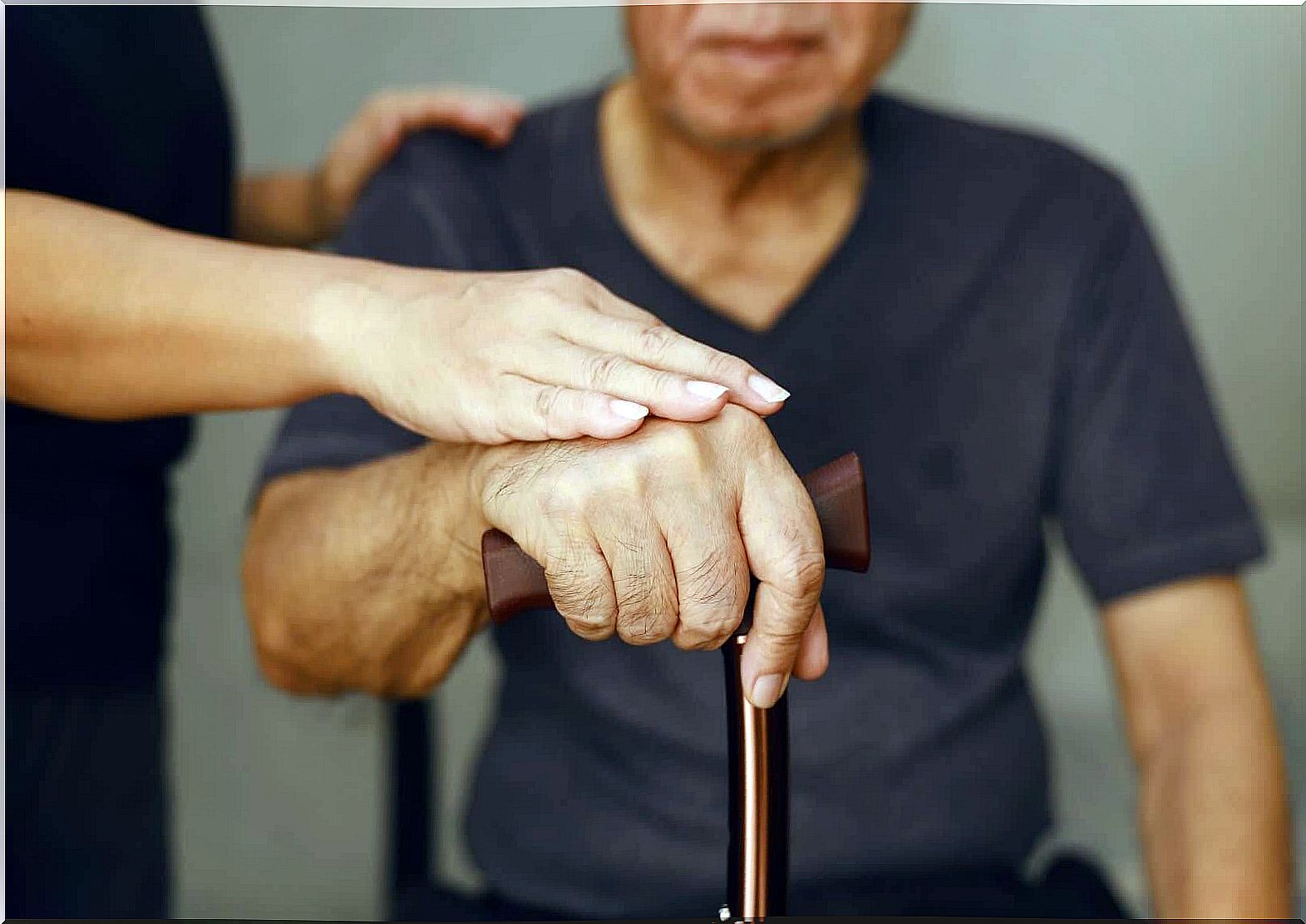Caring For The Person Who Cares

A parent, our spouse, or even our children. Life is not always easy, and on some occasion you may have found yourself in the obligation to care for an elderly person or another loved one suffering from an illness that has made them dependent. Something of this magnitude requires strength, courage, dedication … and love for that sick person.
It is a job that does not know schedules and that requires all of our senses. And most of the time the wear is not only physical, not at all … emotional suffering can become that daily and painful companion that we face every morning when we wake up. You dedicate all your energy to taking care of that person, but who takes care of you?
WARNING SIGNS
When you are a caregiver, you sometimes lose your own vision of yourself. How am I going to take care of myself if whoever is with me needs much more than I do? We have to think that we are the main tool of that gear that moves everything: the house, the family … and the dependent person. Have your own time for a break? Impossible! This level of responsibility and obligation leads us without realizing it to a series of signs that can clearly show us that we are not well. Let’s see them:
Trouble of sleep.
-Loss of energy, chronic fatigue.
– Social isolation.
-Recurrir too pills to painkillers, analgesics …
-Palpitaciones, attacks of anxiety. ..
-Small memory loss.
-Changes in appetite: or more craving or less interest.
– Mood swings, sudden anger, the urge to cry …
-Difficulty seeing that we are not well, putting aside our tiredness or our pain, making them less important for the patient we care for.
HOW DO I KNOW IF I AM TAKING CARE OF MYSELF?
We know that you are essential for that person you are serving. That you also need in your home, that there are many who depend on you … But what about you? How do you feel? Who attends you? Do you listen to others when they tell you that you look bad and that you should get some rest? It is important that you not only listen to others, you must also listen to yourself, your body, your emotions.
It is essential that caregivers take into account the following aspects:
1. Are you getting enough sleep?
We need a restful sleep to regain energy, to avoid accidents, to be less irritable … lack of sleep can become a chronic disease, we must remember it. The emotional tension can increase and in the end, we can also fail the person we care for.
2. Do I maintain my social relationships? Am I still keeping my hobbies and interests?
Sometimes our obligations to the dependent person take us away from our social circle, and even from our other family members. We must reflect on this dimension, as it can cause us many physical and psychological problems. Avoid distancing yourself from those around you, continue to maintain your old habits, as much as you can. Have a coffee with your friends maybe? Go out one night a week? Take a day off? Do not lose your interests, your passions … what defines you and what makes you passionate. Choose those that are most viable to continue fulfilling in the situation you find yourself now, surely some you can maintain.
3. Are you able to find moments for your own rest?
We know that your obligations require your effort almost 24 hours a day. But no one is capable of maintaining continuous dedication … It is vital that you establish moments of rest, without it being necessary to leave home or leave your family alone. Surely there is some way, some simple option to relax, to breathe, to be yourself for a moment. Just a little moment. It is worth a try and establish it like that on a daily basis.
You are essential for that person you love, that fragile and dependent person. But you also require care, love and dedication.









